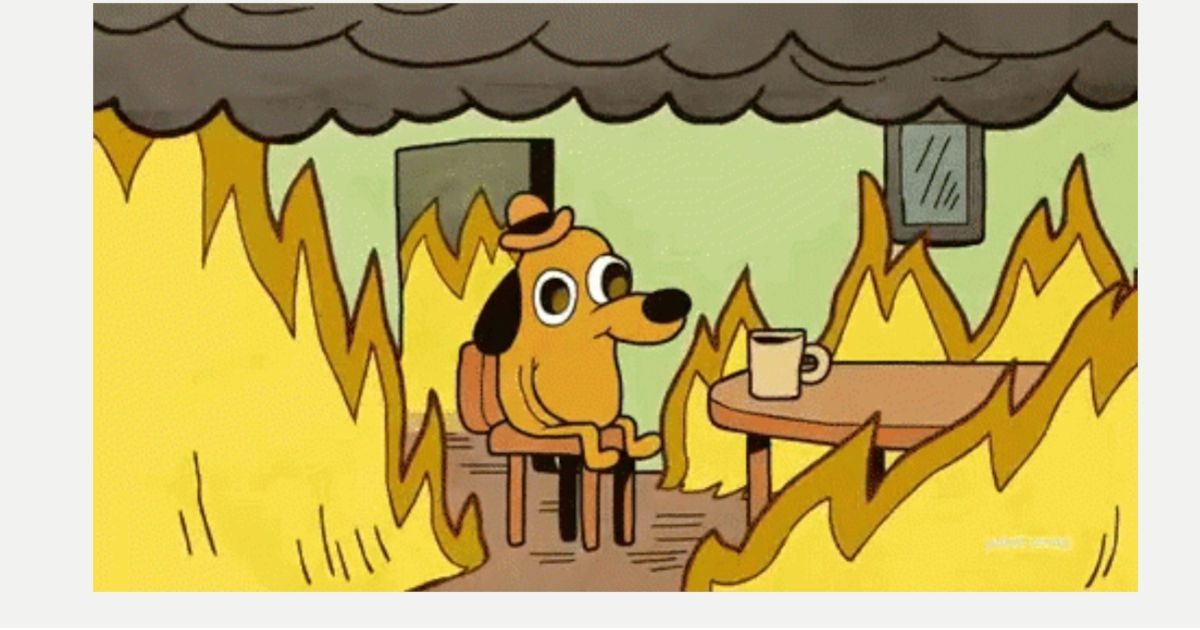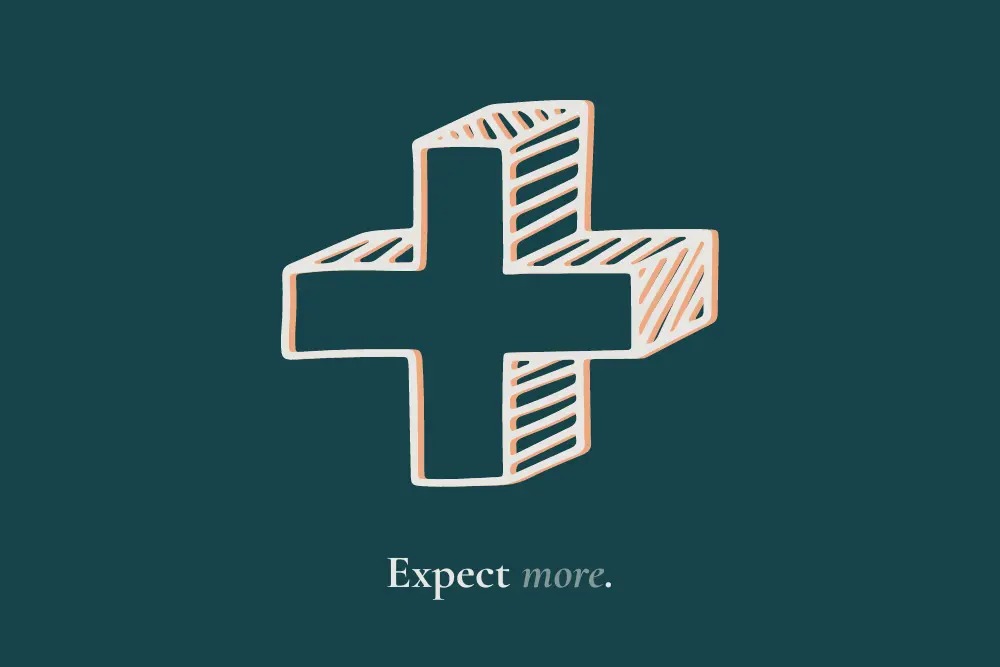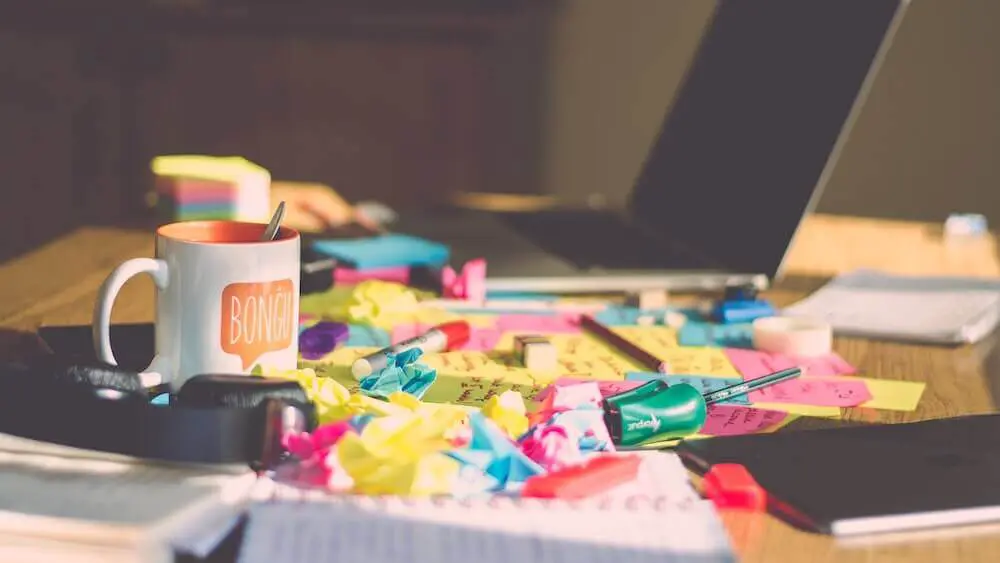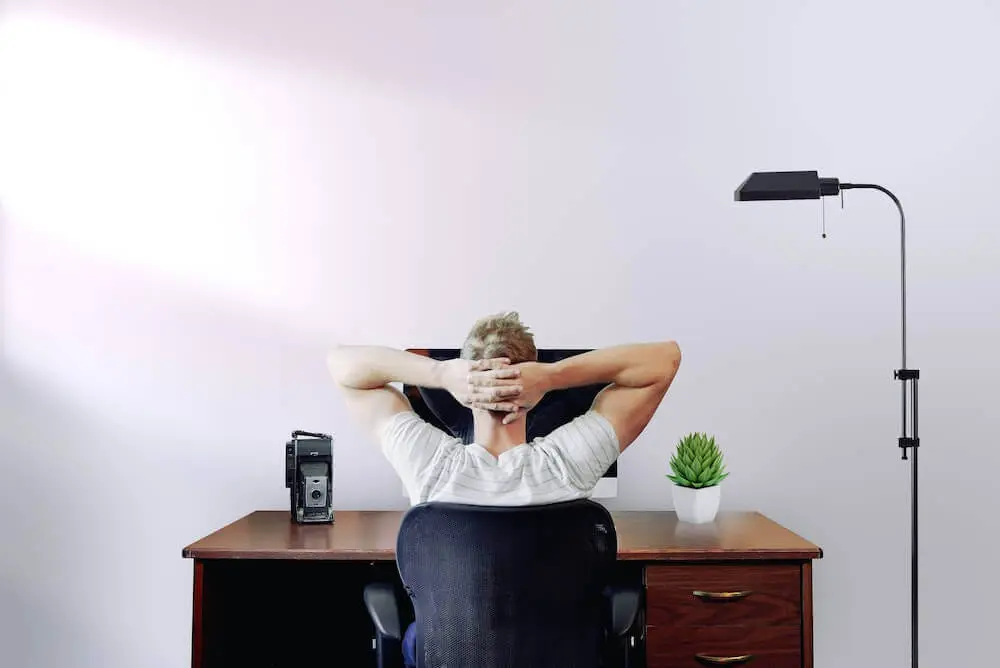I Should...
On any given day, how many times do your internal monologues and thoughts start with, “I should…”? The list of shoulds is seemingly endless, but here are a few classic examples:
- I should go to the gym.
- I should clean my house.
- I should spend less time on social media.
- I should go out more.
- I should save more money.
- I should be a better partner/parent/child/friend/employee/boss…
We could go on and on…and on. Yet the underlying message is always the same: you “should” be better. Many of us hold the underlying belief that “shoulding” is a way to maintain accountability and, if we stop, we’ll become the worst versions of ourselves (lazy, messy, stupid, etc.). “Shoulding” is a way to maintain a feeling of control and that we’re being “good.” So, it’s understandable that so many of us hold on to the “shoulds” and beat ourselves up when we aren’t living up to idealized standards.
The irony is that the process of “shoulding” is often accompanied by overwhelming feelings of guilt. When confronted with such an unpleasant feeling, we often redirect our attention and energy to something less anxiety-producing (like social media or Netflix). In the end, many of those “shoulds” stay on the mental to-do list and we’re stuck in feelings of guilt and unworthiness, trapping ourselves in the sense that we are not doing enough and are not good enough overall.
Perhaps the greatest consequence of “shoulding” is that when so much time and energy is focused on what you “should” do, it’s easy to lose sight of what you want to be doing. In fact, many of us do not have an answer to a deceptively simple question: what do I want? When we lose sight of what we want, what we are really losing sight of is our genuine selves.
Break free from should
To address the imbalance between the endless list of “shoulds” and the unique “wants” of our authentic selves, try the following:
1. Throughout the day, ask yourself "Am I doing this because I want to or because I should?" If it's because you "should," then ask yourself why you believe you should and what you fear will happen if you don’t do it. Notice whether recognizing the final choice as a "should" changes the choice itself, or the way it feels to carry it out. We all have responsibilities we need to meet, so you will inevitably have to do certain things that you categorize as a “should.” So even if your actions remain unchanged, simply identifying your choice as a "should" or "want" is meaningful, and will help you know your true motivations and intentions and get to know yourself better.
2. Set aside a period of time every day as "should-less" time – when you only attend to what you "want." Set all the “shoulds” aside for later. If it’s difficult to identify a "want," that's a great opportunity to take some time for a "want" to authentically emerge. It may feel awkward and strange at first, but try to sit with the discomfort and see what happens.
You may be surprised to discover that, when “should” is removed from the equation, you are still able to engage in meaningful action that makes you feel more fulfilled and connected to yourself and others. Acting out of “want” can feel more generous and might even open up a world of possibility in which we can discover interests that we never allowed ourselves to even consider.
The suggestion here is not to abandon all responsibility (we still need to pay our bills and go to the dentist, after all). However, by learning to notice and acknowledge the difference between “should” and “want” we are able to give ourselves more compassion and care when the “shoulds” come up. We are also able to become more discerning and make empowered decisions that honour who we really are and allow us to embrace a newfound sense of freedom.
This article was written by Laura Bercuson during their time at Shift Collab.














.gif)







![Why You Need to Unfollow [@YourEx]](https://cdn.prod.website-files.com/625ec823c07cd8de32e1bae2/684af2346eb36cf47933e7ab_20240206T0910-707e5b7e-9802-42a3-8070-ba67b8dc33fd.webp)






![Summer Lovin' [not] Havin' a Blast](https://cdn.prod.website-files.com/625ec823c07cd8de32e1bae2/684af26ed2b68f821b628848_20240206T0910-fd1563e4-34d1-49e6-af59-9b95c717196a.webp)













































































